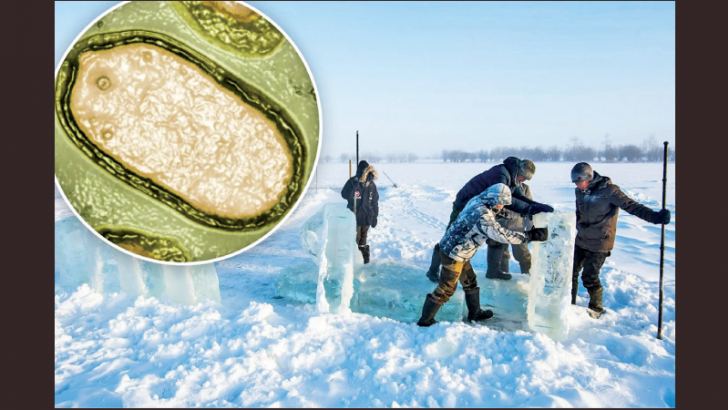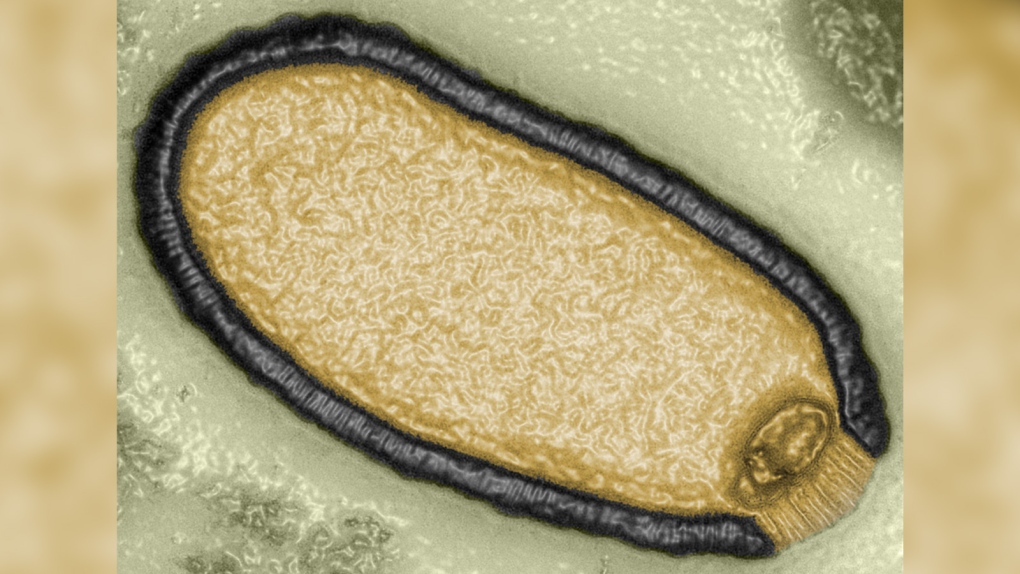
Scientists have long warned that the release of previously trapped greenhouse gases, such as methane, caused by the permafrost thawing brought on by atmospheric warming will worsen climate change. The potential revival of a virus could infect animals, humans, researchers said. (Representational)
The potential revival of a virus could infect animals, humans, researchers said. (Representational)
Researchers who revived nearly two dozen viruses, including one that was frozen under a lake more than 48,500 years ago, believe that the thawing of ancient permafrost caused by climate change may present a new threat to people.
The thawing of permafrost brought on by atmospheric warming has long been predicted by scientists to worsen climate change by releasing methane and other previously trapped greenhouse gases. Less is known about its impact on dormant pathogens.
